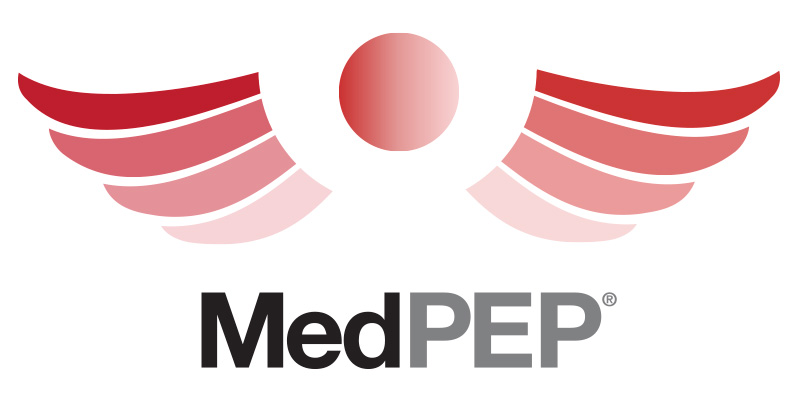At the beginning of this episode, Marie acknowledges to Les that she is continuing to mull over Dr. Green’s paradoxical suggestion (episode 18) that one way to overcome a sense of powerlessness is to embrace it. In today’s discussion with Dr. Liebschutz, they consider the possibility that some physicians may be able to overcome their sense of being overwhelmed and downtrodden by actually taking on more. Dr. Liebschutz, an accomplished physician leader at the University of Pittsburgh Medical Center, proposes to Marie that she may be able to overcome the frustration of being a “cog-in-the-wheel” generalist by “leaning in” and embracing a subspecialty area, a teaching role, or committee work that might open up the path to medical leadership. When Marie conveys her skepticism to Dr. Liebschutz, they then consider the possibility that Marie might leverage her value to her clinic by pushing for a temporary sabbatical or by reducing her work effort. They also discuss practical ways for getting more help at home. It is clear throughout this podcast that Marie is paying close attention to Dr. Liebschutz’s every word. Dr. Liebschutz comes across to Marie as a wise and experienced veteran physician, wife, and mother who has crafted a meaningful career by overcoming many of the same obstacles that are daunting to Marie. By the end of the conversation, Marie comes across as energized and inspired, ostensibly ready to put into practice many of the tips and strategies offered by MedPEP’s experts. All three physicians seem to share the view that going forward, Marie is going to chart the course of her career.
Read moreEpisode 9: Medicine is a Team Sport — Alan Morse, PhD
Psychologist and Coach Alan Morse focuses on assessing and addressing physicians’ problems from individual, team, and organizational perspectives. He suggests that the same analytical skills that physicians utilize to assess patients’ conditions may be applied to one’s self and one’s practice. Understanding organizational culture is a must, and solutions should be viewed through the lens of the team. Hierarchical differences between team members take a back seat to the good of the patients and the harmonious functioning of the team, and these typically align. Sticking points may necessitate that leaders weigh in on potential solutions, as well as modification of policies. Dr. Curious is somewhat skeptical about her ability to implement this approach in her particular practice situation, which is busy and seems hopelessly hierarchical at times. However, she is willing to start addressing her day-to-day frustrations more openly and seems to be gaining comfort with a more active and assertive problem-solving stance. She is encouraged to stay the course in solving problems at the practice level and is beginning to integrate the perspective of organizational management with her own.
Read more

